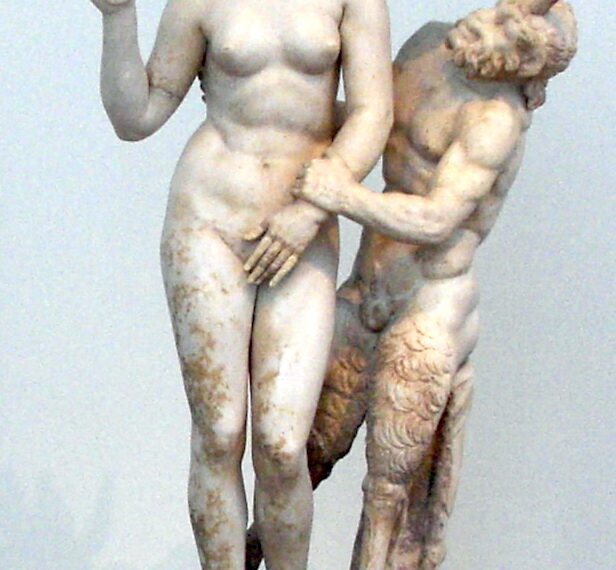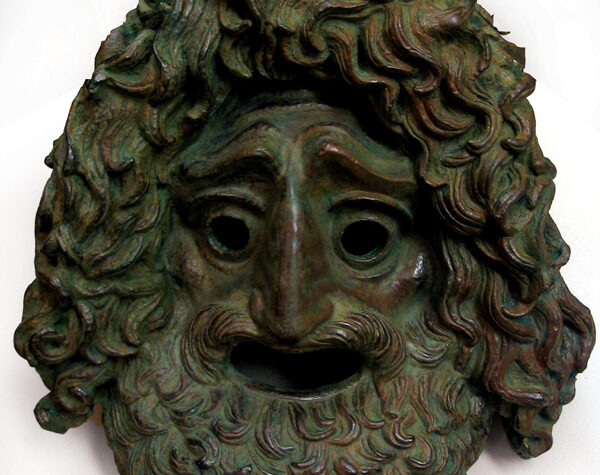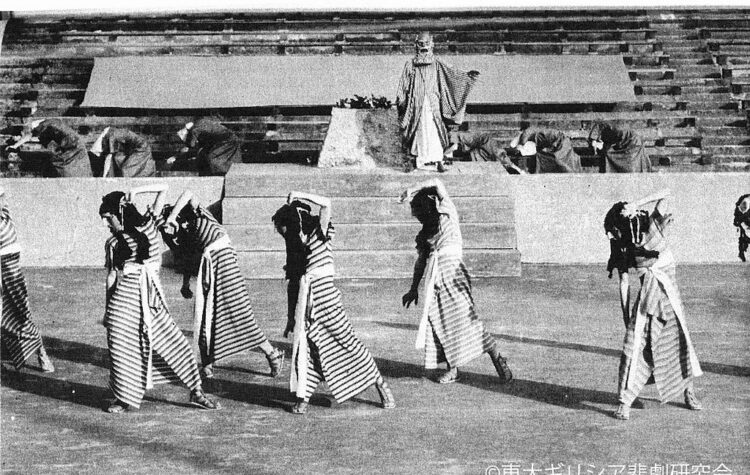The journey of the word “satire” is as fascinating as the genre itself, taking us back to the theatrical stages of Ancient Greece. The root of “satire” is intertwined with the Greek word “σάτυρος” (satyros), referring to the satyrs, mythical creatures known for their mischievous and often crude humor. These satyrs were central figures in Greek satyr plays, a form of drama that combined elements of comedy and critique, paving the way for what we understand as satire today.
As the genre journeyed from Greece to Rome, the term evolved into “satira,” closely linked to the Latin “satura,” denoting a medley or mixture. Roman satirists, most notably Horace and Juvenal, honed this form, using it to mock and critique societal norms and political issues. Their works were characterized by biting humor and sharp social commentary, forming a bridge to the modern understanding of satire.
In contemporary use, “satire” has expanded beyond its theatrical origins to encompass a wide array of literary and media forms. Today, satire is a potent tool for social and political commentary, employing humor, irony, and exaggeration to critique and expose the follies and vices of individuals and society. This evolution reflects the enduring nature of satire as a mirror to society, constantly evolving yet rooted in its ancient origins.
This exploration into the word “satire” reveals the enduring influence of ancient cultures on modern language and highlights the timeless nature of satire as a form of critique and entertainment.




2 comments